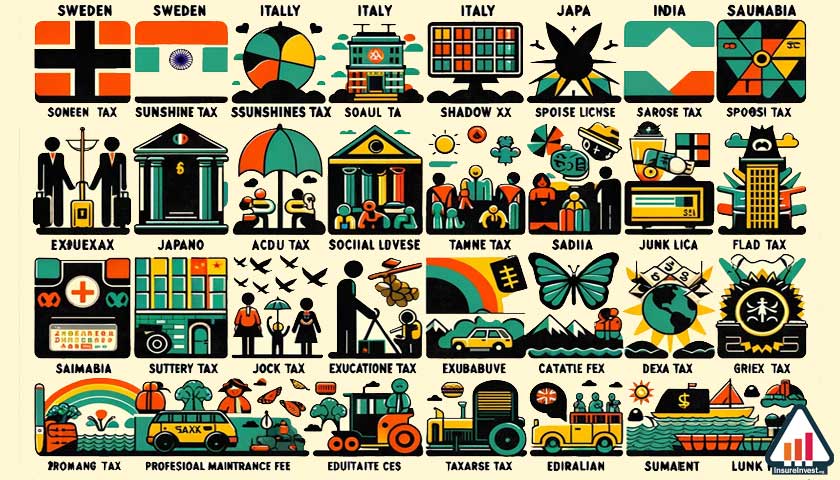Israel Tax
Israel, Hebrew: יִשְׂרָאֵל a country known for its dynamic economy and technological advancements, has a unique tax system that plays a significant role in its financial stability. The Israel tax rate and taxation in Israel are designed to support the country’s economic growth and stability, even during times of war.
Israel Tax Rate
The Israel tax rate is a progressive system, meaning the percentage of tax increases with the increase in income. Israel’s tax rates range from 10% to 50%, with the highest rate applied to those with the highest incomes. This progressive tax system ensures that the tax burden is distributed fairly among different income groups.
Taxation in Israel
Taxation in Israel is comprehensive, encompassing income tax, corporate tax, capital gains tax, and value-added tax (VAT). The Israeli tax authority is responsible for the collection of taxes and the enforcement of the tax laws. All residents and companies operating in Israel are required to file annual tax returns.
Israel War
In times of war, Israel’s tax system adapts to meet the increased financial demands. An Israel war tax may be implemented to fund war-related expenses. This tax is typically temporary and is lifted once the situation stabilizes.
Value Added Tax
Value Added Tax (VAT) in Israel is a tax on consumption. It is added to the price of goods and services at each stage of production and distribution. The current standard rate is 17%. Certain goods and services, such as basic food items and public transportation, are exempt from VAT to lessen the financial burden on low-income households.
Israel Tax Types
In addition to income tax and VAT, other types of taxes in Israel include corporate tax, real estate tax, and customs and excise duties. The tax system in Israel is designed to be fair and balanced, with the aim of promoting economic growth and maintaining financial stability.
Frequently Asked Questions:
1. What is the tax rate in Israel?
The tax rate in Israel is progressive, ranging from 10% to 50%.
2. What is the Value Added Tax rate in Israel?
The standard rate of VAT in Israel is 17%.
3. Does Israel implement a war tax during times of war?
Yes, Israel may implement a temporary war tax to fund war-related expenses.
4. What types of taxes are there in Israel?
Israel has various types of taxes, including income tax, corporate tax, VAT, real estate tax, and customs and excise duties.
In conclusion, the Israeli tax system is a crucial component of the country’s economy. Understanding the intricacies of this system, including the Israel tax rate, VAT, and potential war tax, is essential for anyone living, working, or doing business in Israel.




